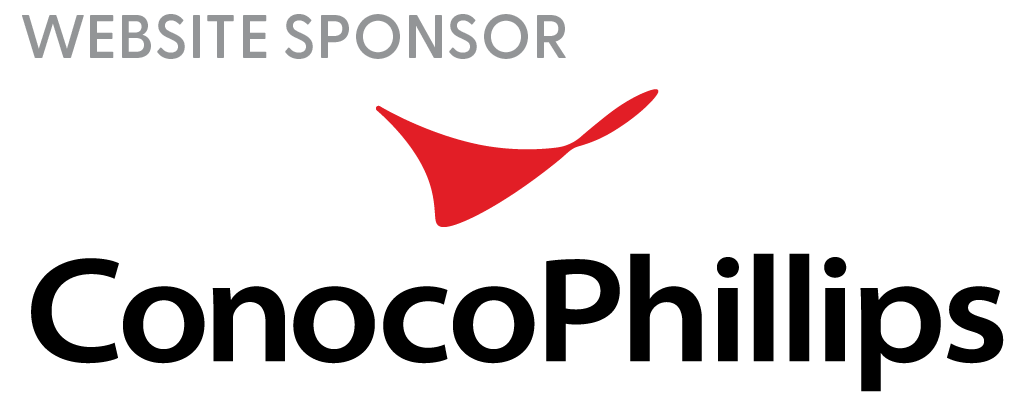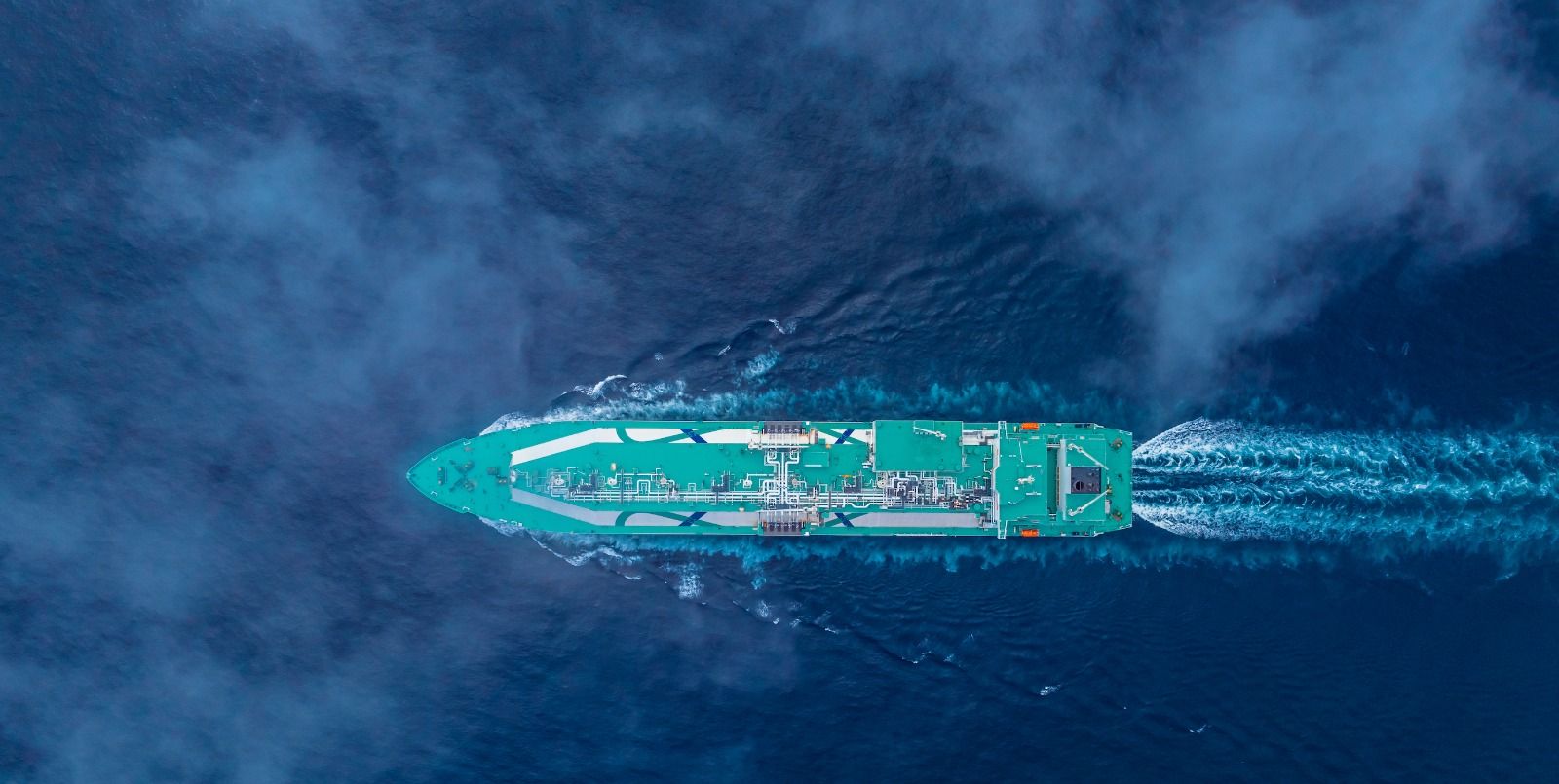Enhancing Sustainability in LNG Operations Through Long-Life Thermal Metal Spray: A Case Study from OLNG’s Acid Gas Removal Unit Regenerator
In LNG production, the Acid Gas Removal Unit (AGRU) is a vital system for removing CO₂ and sulfur compounds from the natural gas feed, ensuring liquefaction can proceed without solidification issues. However, the regenerator unit within the AGRU, specifically C-1102, has historically faced recurring corrosion challenges, largely driven by sweet corrosion resulting from CO₂-rich environments and aggressive process conditions. These issues previously required frequent maintenance interventions, including internal recoating and equipment downtime, ultimately increasing environmental footprint and operational costs.
This paper presents a sustainability-focused case study from Oman LNG (OLNG), detailing the transition from traditional epoxy-based coatings to Thermal Metal Spray (TMS) on the shell side of the C-1102 regenerator. Implemented in 2017, this technology has provided long-term corrosion resistance, drastically reducing the need for repeated recoating cycles, scaffolding erection, and associated waste generation.
The study evaluates the post-implementation performance of TMS, taking into account operating parameters such as feed quality, CO₂ concentration, and internal flow dynamics. In addition, it highlights how the proactive material selection and localized cladding of high-risk areas significantly extended the asset’s lifecycle and reliability. Complementary protective measures, such as nozzle Belzona coating, were also integrated to minimize galvanic corrosion.
Findings demonstrate a measurable reduction in maintenance frequency, improved operational uptime, and an overall decline in resource consumption and emissions linked to recurring repair activities. These outcomes underscore how strategic corrosion mitigation can directly support sustainable LNG operations, by preserving asset integrity, optimizing resource use, and reducing environmental impact over the long term.
This case exemplifies how integrating advanced surface technologies within LNG process infrastructure can be a key enabler of both reliability and sustainability.




)
)
)
)
)
)
)
)
)
)
)
)
)
)
)
)
)
)
)
)
)
)
)
)